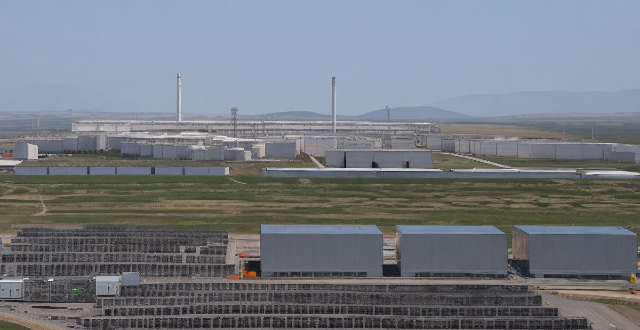The benefits of using lithium-ion batteries in renewable energy systems include high energy density, long lifespan, low maintenance, fast charging, and high efficiency. These advantages make them an ideal choice for storing and distributing renewable energy.

Benefits of Using Lithium-ion Batteries in Renewable Energy Systems
Lithium-ion batteries have become the go-to energy storage solution for renewable energy systems, and for good reason. Here are some of the key benefits:
High Energy Density
One of the most significant advantages of lithium-ion batteries is their high energy density. This means that they can store a lot of energy in a small space, making them ideal for use in renewable energy systems where space may be limited.
Long Lifespan
Lithium-ion batteries also have a long lifespan compared to other types of batteries. This means that they can be used for many years without needing to be replaced, which can save money in the long run.
Low Maintenance
Another benefit of lithium-ion batteries is that they require very little maintenance. Once they are installed, they can be left to do their job with minimal intervention required.
Fast Charging
Lithium-ion batteries can be charged quickly, which is important in renewable energy systems where power generation may be intermittent. This means that they can be recharged quickly when there is excess power available, and then discharged when needed.
High Efficiency
Finally, lithium-ion batteries are highly efficient. They can convert a large percentage of the energy they store into usable power, which makes them an ideal choice for renewable energy systems where every bit of energy counts.
In conclusion, using lithium-ion batteries in renewable energy systems offers several benefits including high energy density, long lifespan, low maintenance, fast charging, and high efficiency. These factors make them an ideal choice for storing and distributing renewable energy.